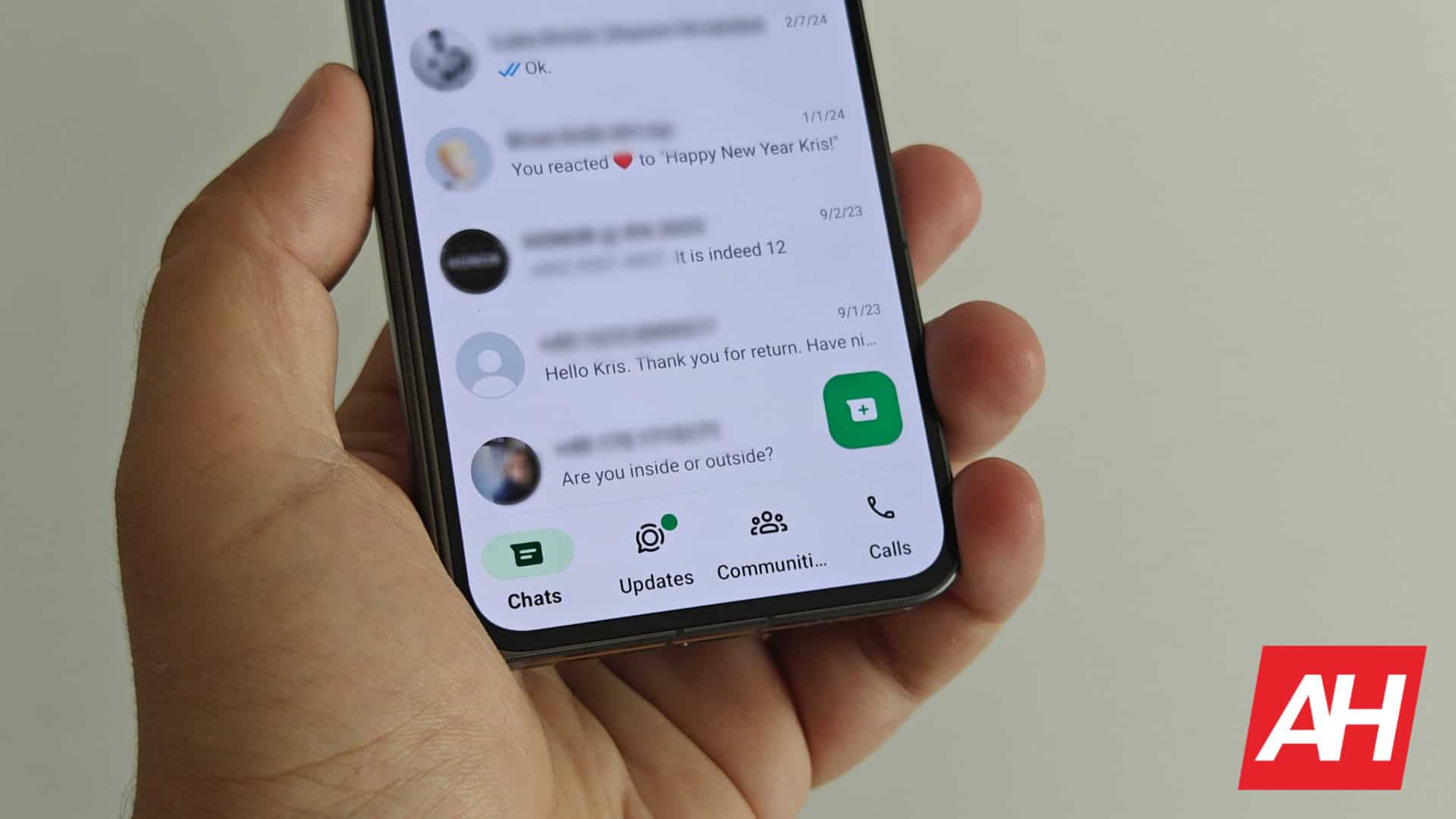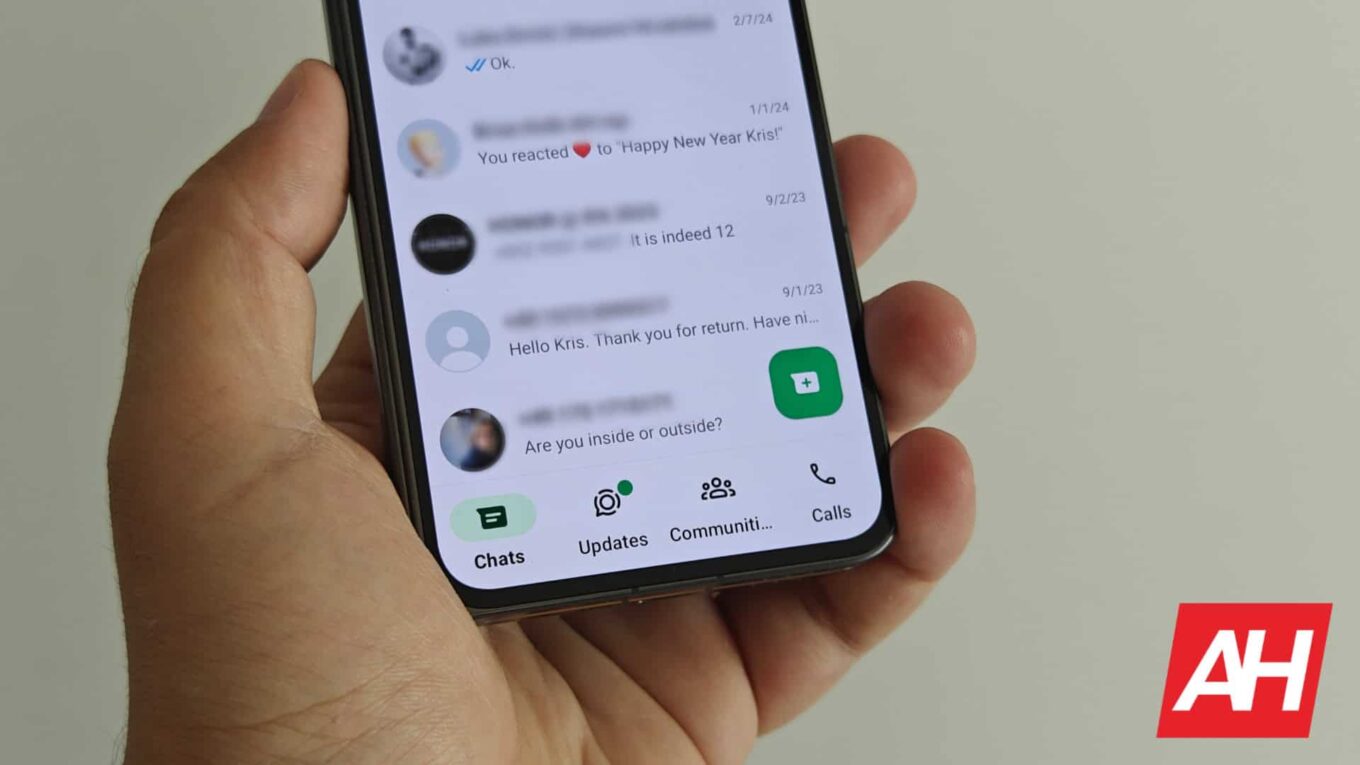WhatsApp, the world’s most-used messaging platform, faces an ongoing challenge against spam and unsolicited messages. The company aims to counter the flood of cold outreach, marketing blasts, and general digital noise. With that in mind, the WhatsApp app getting a new, highly targeted anti-spam measure: monthly limits on messages sent to unknown contacts without receiving a reply.
The goal is simple: if you can’t get someone to engage, you shouldn’t be able to spam them indefinitely.
WhatsApp’s anti-spam shift: Unanswered Messages will count against your limit
The core mechanism of this policy is simple but effective. When an individual or a business sends a message to a user who does not have them saved as a contact, that unanswered message counts against a monthly allowance. The only way to reset this counter—and clear your slate—is by getting the recipient to respond. WhatsApp confirmed that the average user likely won’t hit this limit. The system wants to target those who “blast messages” and spam large, unengaged lists.
WhatsApp has not yet disclosed the exact cap. The company is still testing different thresholds across various countries in the coming weeks. However, senders approaching their limit will receive a warning pop-up. This will give them a chance to adjust their strategy before being blocked from messaging strangers entirely.
Implications for businesses and users
This tech giant’s move has some deep implications for commercial activity on the platform. Businesses that rely on low-response, cold outreach for recruitment or sales will need to fundamentally redesign their strategies. The new cap puts a premium on quality over quantity.
For brands using the WhatsApp Business Platform, success will now hinge on the conversation rate. They must focus on securing explicit and timely user consent and designing messages that provide immediate value to encourage a rapid response. Consequently, tracking reply rates will become a primary metric for measuring success.
For the user, the change promises a less cluttered and noisier inbox. The intent is to significantly reduce the unwanted pings and follow-ups from unknown numbers.
Part of a larger strategy
This is not Meta’s first attempt to introduce friction to prevent abuse. It follows recent initiatives like limits on business marketing messages and new unsubscribe options. Ultimately, WhatsApp is betting on engagement as the currency of communication. By forcing senders to earn a reply to continue their outreach, the platform is methodically squeezing out spam without negatively impacting the user. The success of this global test could set a new standard for how messaging platforms balance user protection with commercial utility.
The post WhatsApp Now Limits Messages You Send Without a Reply to Combat Spam appeared first on Android Headlines.

Source: ndroidheadlines.com
